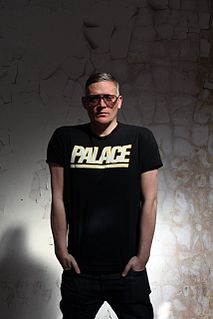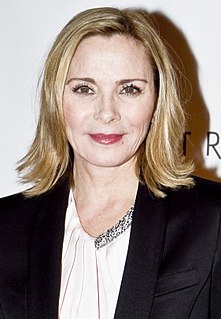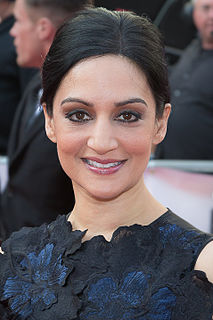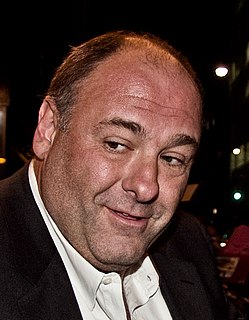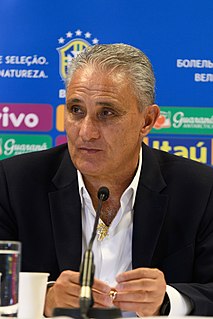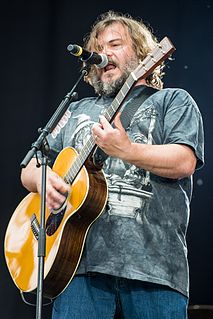A Quote by Giles Deacon
My mother was a housewife. My father worked in the agriculture business, but they were very encouraging about everything. When I said I wanted to do art, they were very supportive.
Quote Topics
Related Quotes
He didn't call his father and mother 'Father' and 'Mother' but Harold and Alberta. They were very up to date and advanced people. They were vegetarians, non-smokers and teetotalers, and wore a special kind of underclothes. In their house there was very little furniture and very few clothes on the beds and the windows were always open.
My father died at 42, of a heart attack. My mother was 32 then. She never wanted to be a victim. And that really resonated as a nine-year-old child. And one of the most revealing things was, very soon after my father died - he was in real estate and he owned some modest buildings - they came to my mother, the men that worked for him, and they said, "You don't have to worry. We will run the business and we will take care of you." And my mother said, "No, you won't. You will teach me how to run the business and I will take care of it and my children."
